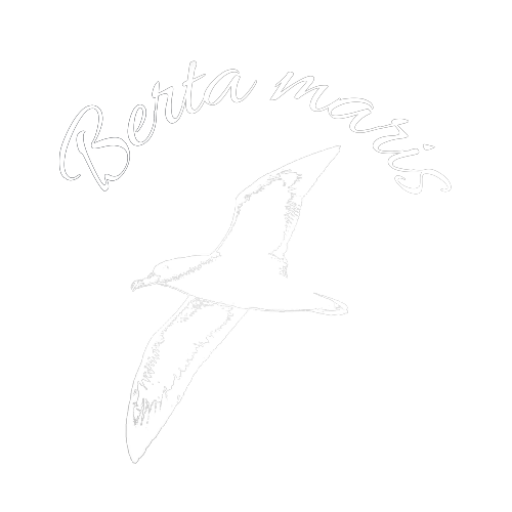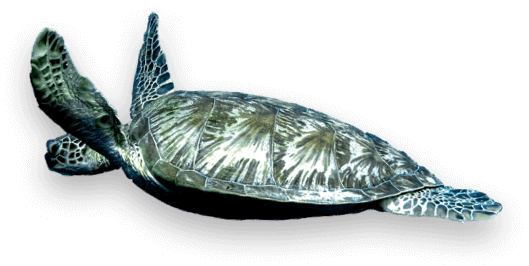Cats of Linosa
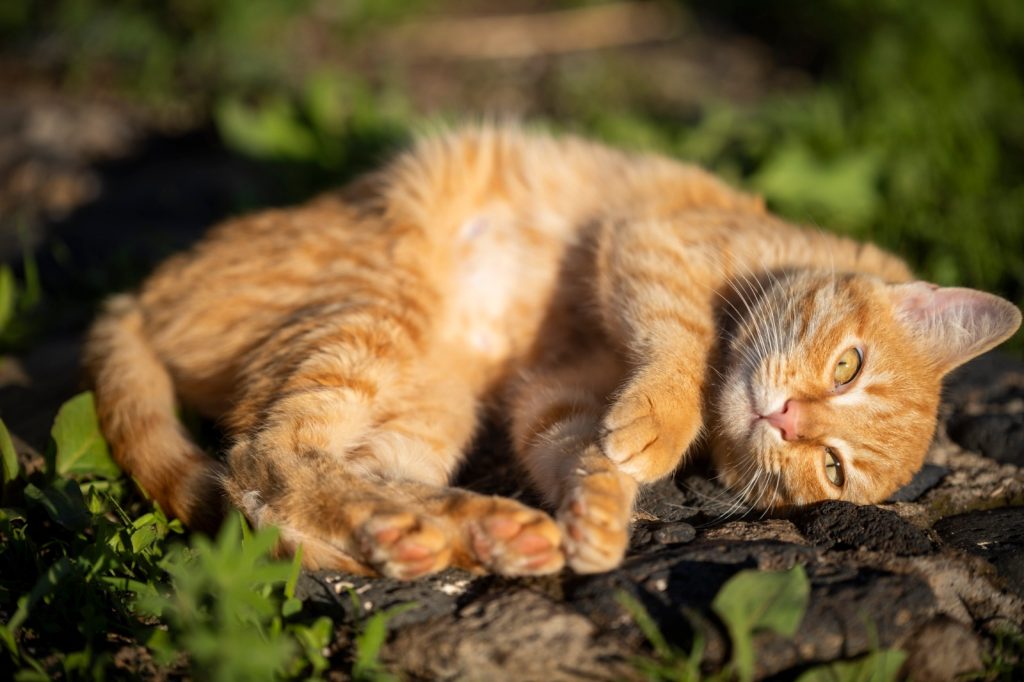
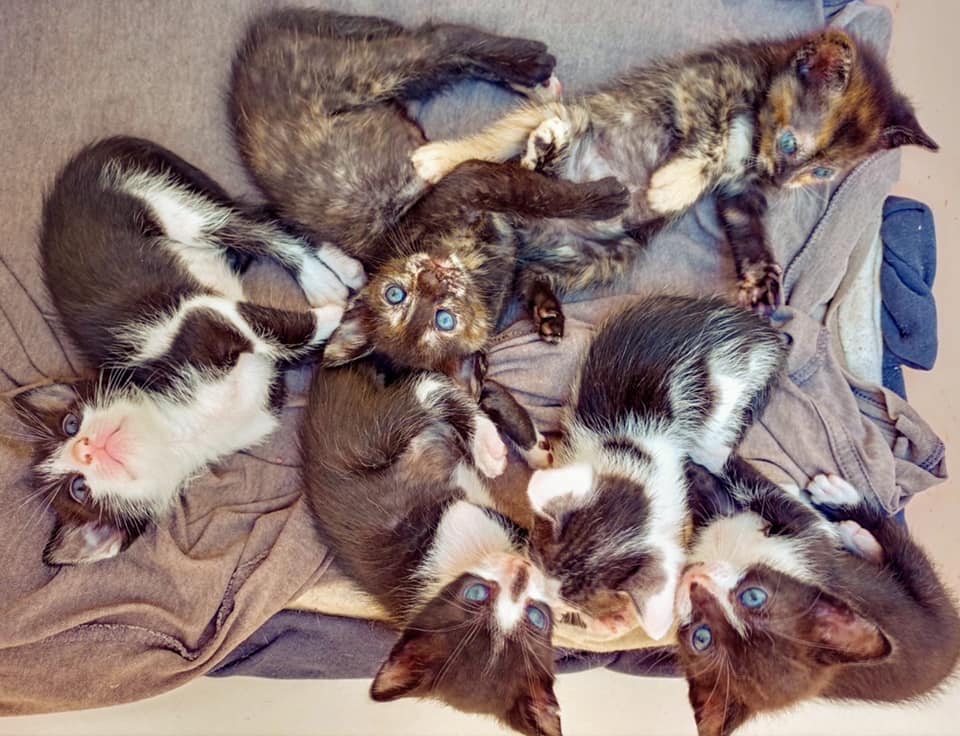
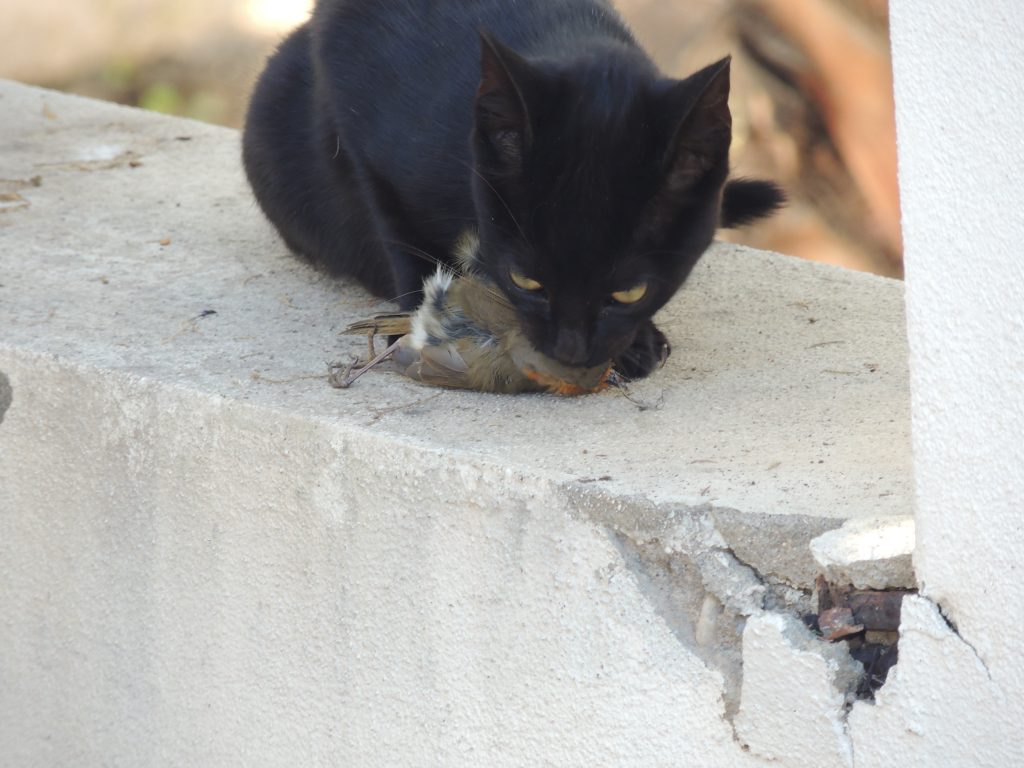
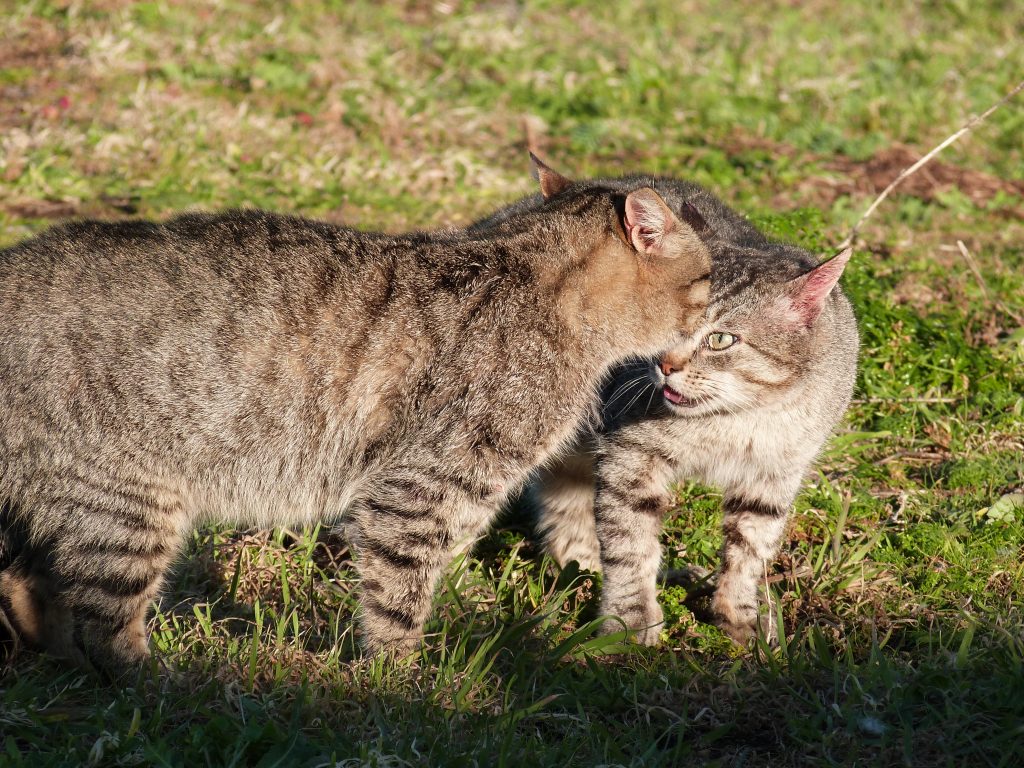
Domestic cats were introduced in Linosa with the arrival of the first settlers, probably to control mice and rats. Unfortunately, cats represent a threat to all the seabirds nesting on islands as they predate upon seabird chicks and adults. Our association has been studying the cats of Linosa since 2014, when we counted 299 cats. We also found out that the diet of some cats roaming around the part of the shearwaters’ colony we monitor included adult shearwaters, and, on several occasions, we observed predation on chicks. Numerous species of migratory birds were also present in the cats’ diet and annually a huge number of predation events on migratory birds are reported by birdwatchers (MISC). The cats also predate on the endemic lizard and the big-headed cricket.
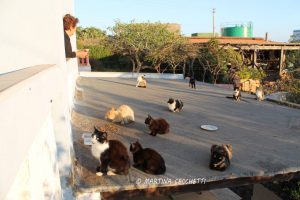
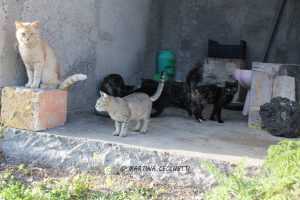
In Linosa, cats are mainly free-roaming, and while some are looked after as pets, others live at high-density in colonies. In this latter context, cats are often fed with pasta and kitchen leftovers, given the high costs that would arise from buying pet dry and wet food. However, it is well known that cats are obligate carnivore, therefore low quantity and quality of food increase hunting activities. Furthermore, living at such high densities often compromises cats’ health.
To reach a manageable number of cats, increase their welfare and reduce predation upon wildlife- through population stabilization and a gradual decrease over time— in 2015 we have started cat sterilizations in collaboration with the Public Health Authority (ASP) of Palermo, as in Linosa there is no vet. Throughout the years we sterilised 157 cats with them, using a Trap-Neuter-Return (TNR- trap, neutering, and release). In order to carry out sterilizations with greater consistency and regularity, in November 2021, our association began collaborating with Dr. Paolo Santanera, a veterinarian from Turin. With whom we carried out sterilizations in February and October (before the cats' mating season), veterinary check-ups, and local awareness campaigns on animal welfare for both domestic and wild animals.
Today, over 90% of the feline population has been sterilized, with 260 cats neutered by Dr. Santanera! We are now only performing maintenance sterilizations..
We hope to extend our project to other islands around Sicily.
Project manager: Martina Cecchetti
